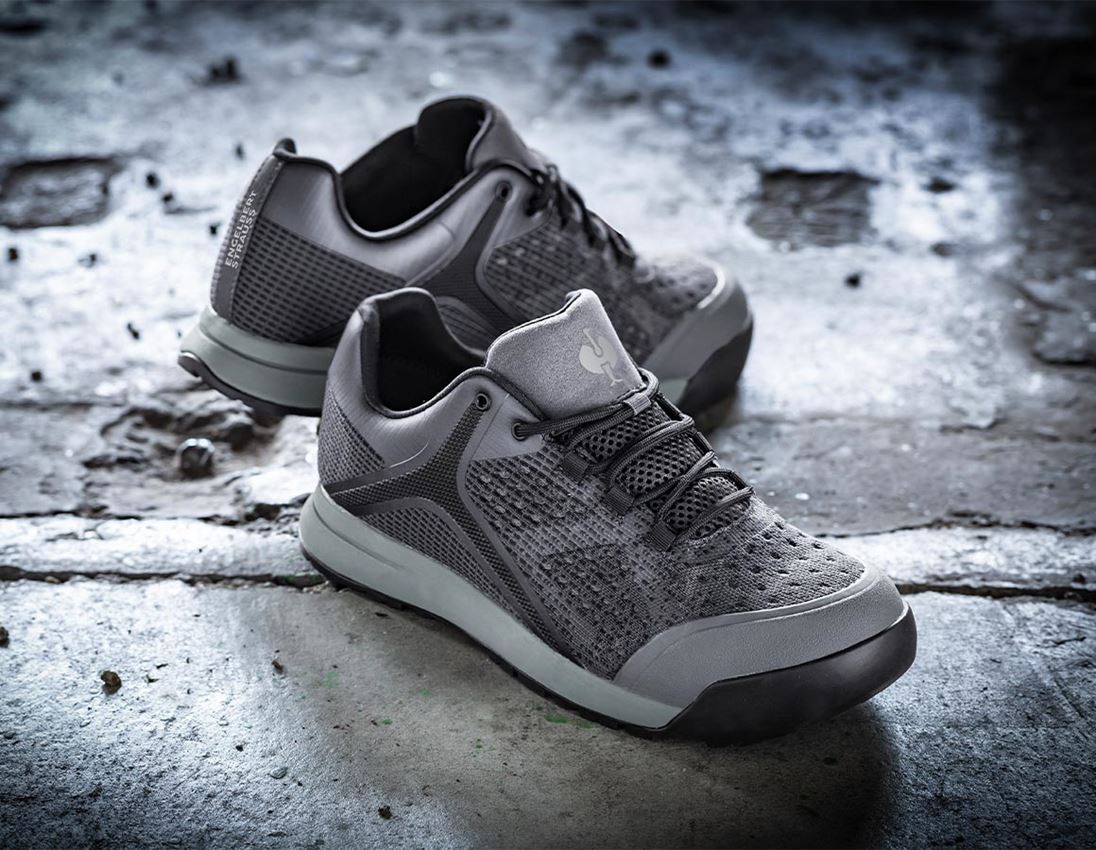
There is a wide variety of safety footwear that are available in the market. Relying on the type of possible dangers, below are the sort of security shoes offered in the marketplace;
- Boots with toe caps: This sort of safety footwear has a built-in toe cap that can be comprised of various materials, making the toe area of the shoe sturdier so that injuries to the foot as a result of hefty items falling on it do not happen.
- Chemical immune sprinkle shoes: This sort of safety footwear stops chemicals from permeating with the footwear to the employee’s foot, hence staying clear of any type of injury triggered due to the damaging chemicals.
- Anti-slip footwear: These types of footwear have an anti-slip sole that supplies more grip and avoids workers from sliding and having significant fractures due to the fall. It might also be valuable in kitchen areas of large restaurants where there is a risk of sliding over overflowed oil or food.
Which materials are safety comprised of?
Good quality leather [หนังคุณภาพดี, which is the term in Thai] is the most commonly used material to make safety footwear. The main factor behind this is its waterproof as well as sturdy nature. The only negative aspect of natural leather is that it is a hefty product that does not allow air circulation. Nevertheless, nylon, when combined with natural leather, can aid to make a safety shoe lighter as well as breathable.
The toe cap can be composed of materials like:
- Aluminum: This material is a little bit pricier than steel; however, can prevent injuries as a result of electrical power.
- Steel: A steel toe cap is amongst the most extensively used product as it is the most economical and gives a lot of safety. Nonetheless, one should make sure not to use it in the electric sector.
- Carbon fiber: It is an expensive product; nonetheless, it is slim, non-conductor of electrical energy, and is light in weight which makes it the best material to make toe caps.




